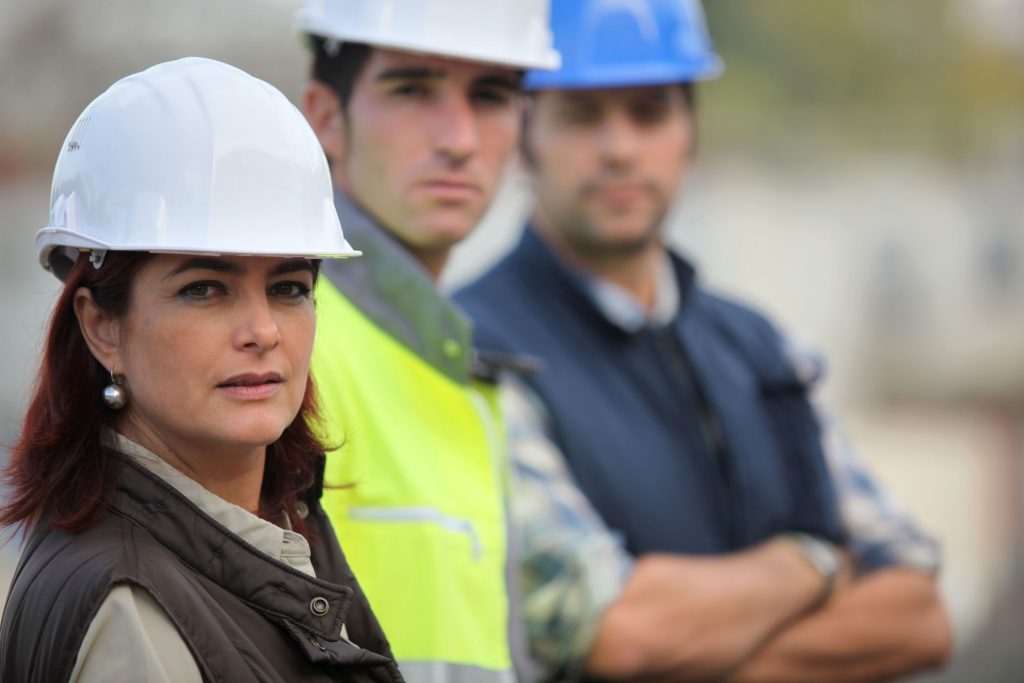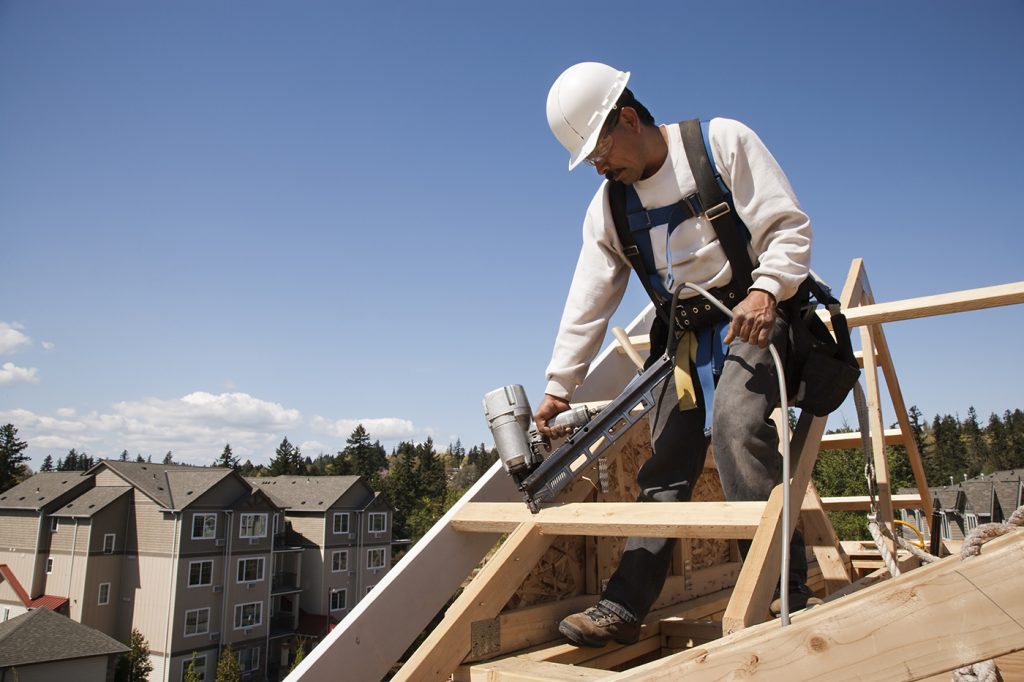
We all know construction is a dangerous profession, but few are prepared for the consequences of a construction site accident. You may suffer a serious injury and be unable to work, or, worst of all, you may lose the loved one who was providing for your family as a construction worker. Most construction site accidents are preventable, and when the injury is caused by the negligence of others on the construction site, you may be able to get compensation for your injury or loss.
To find out whether you can make a construction site accident claim, please contact us for a free construction site accident claim evaluation and speak to a local attorney with experience in construction site accident claims.
Preventable Construction Site Accidents
Most construction site accidents are preventable if everyone on the site is doing their job carefully and maintaining appropriate communication.
Electrocution is the most common cause of construction site fatal accidents, accounting for up to 40% of deaths. Electrocution is often caused by people making circuits live without telling others, leaving live wires exposed, or forgetting to turn off circuits before people work on them.
Falls claim about a third of all construction workers killed on the site. Falls are caused by failure to mark open pits, failure to properly install scaffolding, and a failure to use proper safety gear.
Compressed gas hazards can lead to injury or death when not properly handled.
Sometimes employees are asked to operate machinery without the proper safeguards, which can lead to dangerous injury of the operator or others.
People driving construction vehicles may not pay attention to activity around them and run over construction workers.
As you can see, these and dozens of other potential construction accidents can be caused by negligence.
Read about common construction accident claims.
Construction Site Accidents May Not Be Covered by Workers’ Compensation
Many construction workers are not considered “employees” by the contractor that hires them. In this case, they may not be eligible for workers’ compensation, depending on the laws in your state, and may have to file a third party lawsuit to get compensation.
Other times, the accident may be caused by someone other than your coworkers. With so many people on the construction site, your accident may be the fault of:
- Other contractors and their employees
- Property owners
- Engineers and architects
- Manufacturers of defective equipment
- Head contractor
If you accident is caused by any of these people, you may be able to get compensation for your injury with a third party lawsuit rather than workers’ compensation.
The Right Lawyer Can Help
If you are unsure about your options after your injury or the loss of a loved one to a construction site accident, talking to a lawyer can help.
At AccidentAttorneys.org, we select only lawyers who have been recognized by their peers or independent ratings agencies as being superior personal injury lawyers. We can put you in contact with an experienced construction site accident lawyer who can help you understand your best course of action.
Construction Site Accidents Frequently Asked Questions

Can I Receive Workers’ Compensation for My Construction Site Injuries?
Most employees, in most states, are covered by Workers’ Compensation, but many construction workers are independent contractors rather than employees. This can be a very murky area. Some employers misclassify employees as independent contractors.
Each state has its own Workers’ Compensation laws as well as its own way of defining the employee-employer relationship. For instance, in many states, day laborers are protected by Workers’ Compensation laws. If you have been told that you are not eligible for Workers’ Compensation benefits, talk to an experienced Workers’ Compensation attorney right away.
Additionally, some business owners voluntarily carry Workers’ Compensation coverage for workers who are not protected by Workers’ Compensation laws in their state.
Who Can be Held Liable for My Construction Site Injuries?
If you are eligible for Workers’ Compensation, you cannot sue your employer, but a third-party lawsuit may be appropriate so that you can recover full compensation for your expenses and losses. If you are not eligible for Workers’ Compensation, a personal injury lawsuit may be your only path to compensation. In either case, one or more of the following may be held liable for construction site injuries:
- Construction site owner
- General contractor
- Prime contractor
- Construction site manager
- Subcontractor
- Engineer
- Architect
- Other design professionals
- Inspector
- Manufacturer or defective tool, equipment or materials
- Third party contracted to repair or maintain equipment
- Equipment operator
- Equipment rental company
- Delivery company
I Was Injured on a Construction Site, But it was not My Workplace. Now What?
If you were visiting or passing through, you may be able to recover compensation for your construction site injuries through a premises liability or defective product lawsuit, depending on the cause of your injuries. If you were knowingly trespassing, you may not have legal recourse, but if your child was injured as a trespasser or if you entered a construction site unaware, premises liability may still apply.
If you were on the site for work-related reasons, whether you had to pass through on an errand for work, were making a delivery to the site, or you were present for another work-related reason, you may have a Workers’ Compensation claim as well as a third-party lawsuit against the party who was liable for the accident.
Besides construction workers, construction site accident victims can include:
- Delivery persons
- Inspectors
- Other types of workers who go to the site
- Visitors, such friends and family of workers or site owner, potential clients of companies working on the site, and others
- Child trespassers
- Bystanders
- People who must pass by, including pedestrians and motorists
- People in nearby buildings
Please contact us today.
Related articles:















